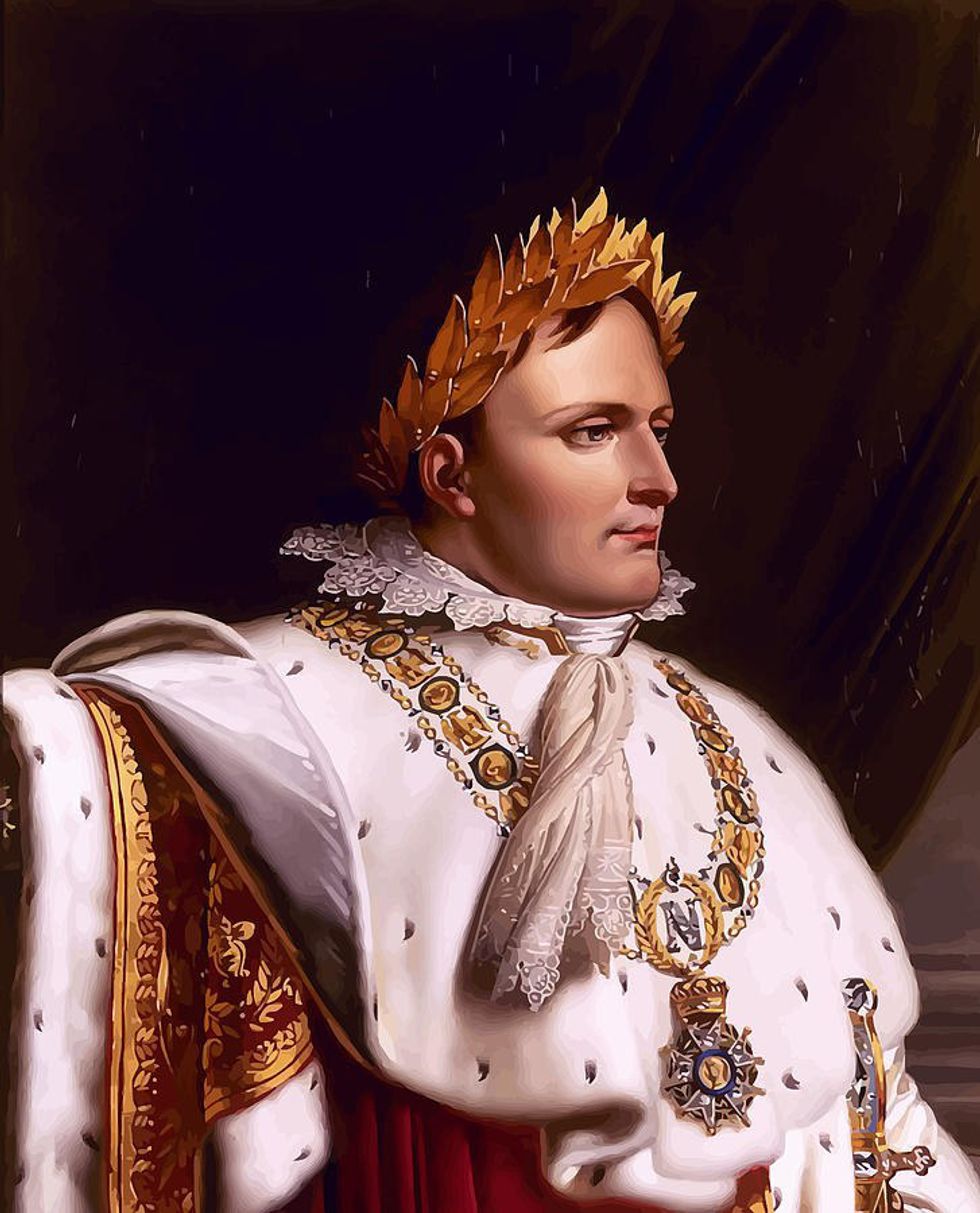In the early 19th century, the face of Europe was being changed forever. Napoleon Bonaparte’s forces were sweeping the continent, as the man who started out a peasant sought total domination. He spread his military might through the ideals of the Enlightenment. Bonaparte's view of a more democratic society was growing increasingly popular among the common people of European countries, as his armies continued to conquer vast stretches of land. One of these people was none other than the composer, Ludwig van Beethoven.
Beethoven had reportedly always craved a position of nobility. It's documented that he often attempted to go by the name ‘von’ Beethoven, as if he was born into nobility. However, his ploys never worked. Stuck in his middle class status, Beethoven began to see Napoleon as a liberator of the common person. To celebrate his liberator, Beethoven began to work on a symphony for Napoleon.
Beethoven’s third symphony was originally given the title "Buonaparte" for the French rule, and for the first time in music history, an instrumental piece followed a story of a person (that person being Napoleon). This story chronicled the French conqueror’s struggles, as represented by his own personal theme in contrast with the "evil" or opposing force. These struggles can be heard as "noisy clashes" throughout the piece.
The idea of having a symphony outline the struggle of person may not seem like a huge feat to the modern audience. But it was a huge leap in 1805, when instrumental music often served the purpose as literally background music in the courts of nobility. So to have a piece that required the listener’s utmost attention was an astonishing accomplishment, and the composition itself is perhaps the most important pivotal transition point between Beethoven's teachers of the past and the composers of the future.
However, the premiere of Beethoven’s "Symphony No. 3" in 1805 had a bit of a hiccup. Bonaparte had declared himself emperor of France in 1804. This resulted in a thoroughly pissed off Beethoven, as the composer believed the man he once saw as the "liberator" had completely gone back on his anti-monarchy and Enlightenment ideals. It's documented (although accounts vary) that the enraged Beethoven tore the title page of the symphony in half and threw it into the fire. When recopying the cover page, Beethoven renamed the symphony "Sinfonia Eroica," or "Heroic Symphony, composed to celebrate the memory of a great man."
If you're looking for more information about the symphony and have a little time, there is a great BBC docu-drama about the "Eroica Symphony."






















